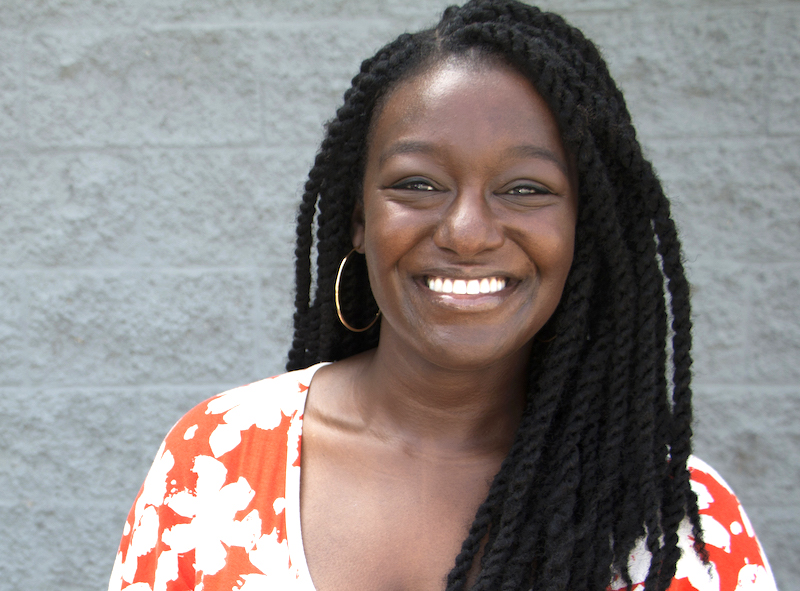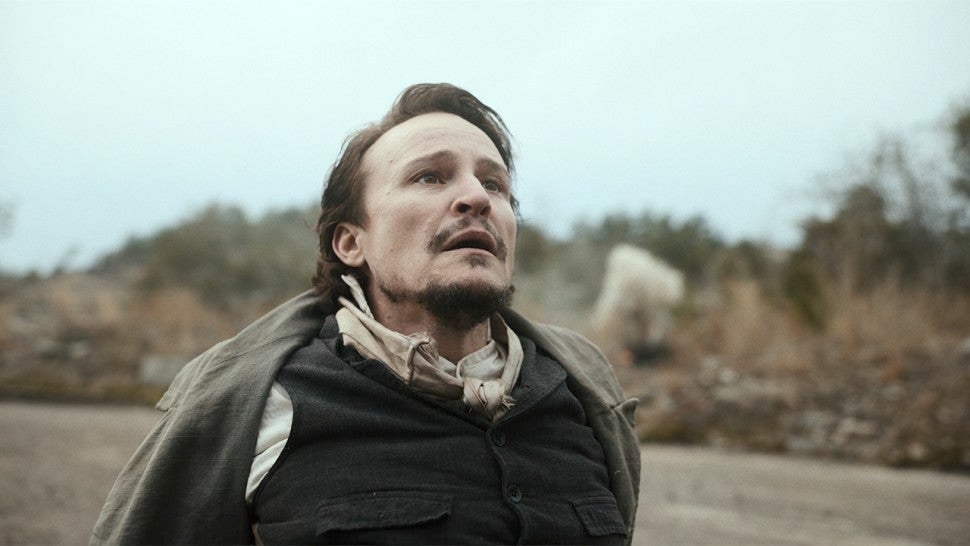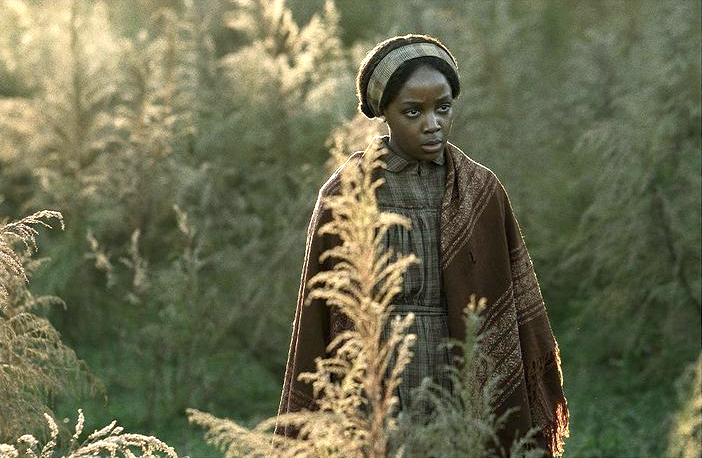This article contains mild spoilers.
The Underground Railroad was originally penned as an historical fiction novel by Colson Whitehead in 2016. It’s a modernized telling of that dark period of history in America surrounding slavery. Like many good stories, it was adapted to the TV screen by Barry Jenkins and Jihan Crowther.
“It was a violent and difficult moment throughout the nineteenth century for black people,” expounded Crowther. A fictionalized version of the era told through the eyes of Cora (Thuso Mbedu) helps us better understand our present day. “This style of storytelling forces us to face our history and makes it impossible to look away,” the writer continued. “So long as the spirit of the facts remain intact, we’ve done our job.” A retelling of a story reminds us that history keeps repeats itself and will keep doing so until we make peace with our past.
Book adaptations into films and television series are variable in terms of fidelity to the source material. “We used the book as a bible,” said Crowther. Jenkins, Crowther and company first went through each chapter in the novel with a fine tooth comb, “to see which stories were cinematic.” The next step was to identify scenes and characters that may require further finessing during the adaptation process. The third step in the adaptation process was determining “story real estate.” There were a fixed number of episodes, so everything in the book couldn’t possibly be adapted.
There were five writers in the TV writers’ room which all had a say in this initial process when the series was broken. “We made a list of what we really loved about the book and shaped the story into ten episodes. Whenever we got stumped, we referred to the book for a solution.” As a team, they proceeded “with one consciousness” to capture both the spirit and intention of the novel and Barry Jenkins’ vision.
The Underground Railroad had a diverse range of writers to contour the story. One writer came from a sci-fi background who brought those elements to the story. Another writer, Allison Davis, just came off a project which explored the impact of lynchings on the migration of black people from the south to the north. “We piled our storytelling interests and expertise together to write as one voice.” This allowed the writers to build enough trust with each other to enable them to pitch ideas in terms of what Cora would do on the show.
Fortunately, the writing team also had the endorsement of author Colson Whitehead, “who was very hands off in the process. He trusted us because we treated the book with love and respect.” His blessing of the adaptation powered the writing process.

Jihan Crowther
The show is told through Cora’s point of view. She is determined to escape the Ridgeway plantation is the hopes of a better life. “She is pragmatic. She wants the material impact of freedom in her life. She believes it’s her right. She doesn’t let anyone get in her way.” Cora mistakenly believes she was abandoned by her mother as a child and is still haunted by this. Cora doesn’t have a romanticized version of another life. She is strangled by her current life and has no option other than to leave it. She has nothing to lose and the possibility of happiness. She’s young as has a chance at a better life. She’s driven by a sense of hope and survival – physical, spiritual, and emotional.
Metaphorical To The Literal Railroad
The Underground Railroad was not a physical track during the times. It was a series of trails and safe houses for escaped slaves. It was Colson Whitehead’s idea in the novel to reverse the typical literal to metaphorical idea and actually have the slaves build an actual railroad to freedom. It was something Crowther was also attracted to this idea. “The concept of a physical underground railroad was magical as I imagined it in the TV show.” The railroad propelled the story as Cora moved from place to place. “Because we know Cora is leaving the plantation in Georgia, there is no turning back. The only way for her is forward.” Each stop was a milestone in her journey. “Where is Cora going next, what will she find there, will there be more or less danger, will she have regrets?”
The train conductors play an integral role in Cora’s train journey. “I love the fact that people were there to risk their lives to help, but also to record history. It was so moving.” The role of the conductors is akin to an Ancient Greek chorus in that they observe and record rather than influence the story. “They are essential workers because the railroad can’t operate without them and Cora certainly couldn’t travel without them.”
The Underground Railroad is a tale of art imitating life and life imitating art. America still hasn’t faced its day of reckoning for its past. There is a modern face of slavery with a lack of well-paying jobs and opportunities for black communities to allow them to thrive. Modern day abolition is depicted by the multitude of social activists seeking to address systemic racism in the country. “Subjects like Critical Race Theory and the 1619 Project should be taught because we can’t forget or erase the past without addressing it. Everybody has the right to live.”

Arnold Ridgeway (Joel Edgerton)
Arnold Ridgeway Slave Catcher
Plantation owner Ridgeway (Joel Edgerton) operates within the rule of law. He is not a criminal. He uses his dehumanization of slaves to rationalize his actions which are perfectly legal for the time. He has a moment of soul searching when he discovers the Great Spirit when he closes in on Cora while she’s on the run. Why might she be looking for her mother Mabel (Sheila Atim)? Maybe she’s human?
“We weren’t intentionally trying to construct Ridgeway as a villain. We were trying to tell the truth about his life,” said Jihan Crowther. “To him, Cora’s the villain.” The writers wanted the audience to understand Ridgeway’s perspective of what he was doing. “He’s a law-abiding citizen who believes he’s doing the right thing. He had this humanity to him.” The writers were telling the truth of who Ridgeway was and the audience could pass their own judgement on his actions. Crowther said of Barry Jenkins in the TV writers’ room, “tell the truth about the characters and don’t be afraid of the darkness.”
Curiously, Ridgeway developed an obsession with Cora as he figured out why she was search for her mother Mabel (Sheila Atim). There may have been an unconscious will her escaping every time he got close.
The Underground Railroad ends with Cora shooting Ridgeway and reuniting with her mother Mabel and finding out she didn’t abandon her. “There is a small victory at this moment and sense of justice knowing that Cora can move forward in peace without being stalked by Ridgeway.” Sadly, there will always be trauma associated with being separated from her mother. “At the very least, there is some hope.”
